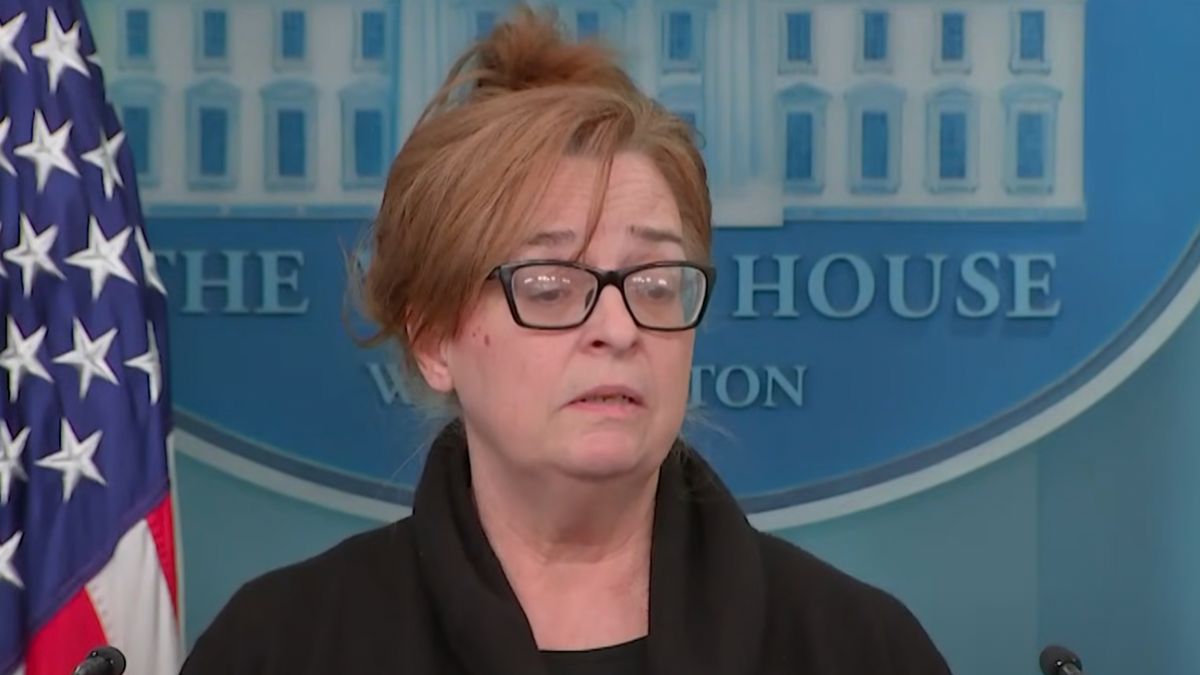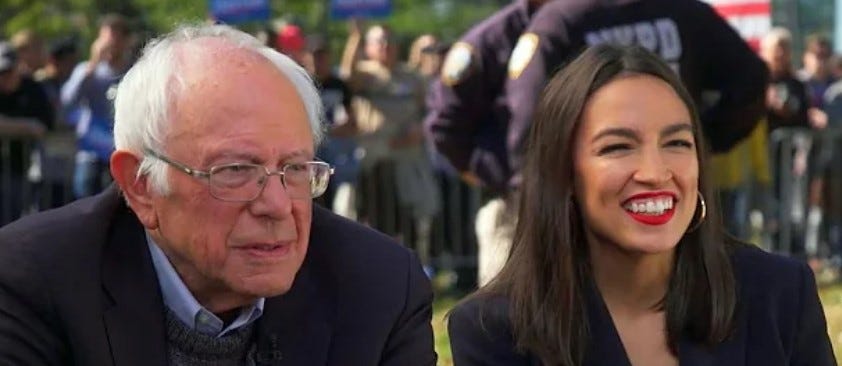Often, in Republican presidential primaries without an incumbent in the race, the winner of the Iowa caucuses does not become the party’s nominee. The only exceptions are Bob Dole in 1996 and George W. Bush in 2000. Moreover, in such wide-open fields, the Iowa caucus winner has never even won the next contest in New Hampshire.
Such historical factoids, in the wake of Donald Trump’s plowing of the Iowa field, may give hope to Nikki Haley and the anti-Trump remnants of the Republican establishment. They shouldn’t.
The overwhelming nature of Trump’s Iowa victory is also without precedent. Before last night, the biggest margin of victory for a Republican Iowa caucus winner was Bob Dole’s 13-point triumph in 1988. Trump obliterated that; with 93 percent of the returns in, Trump was ahead by 30 points.
What does his landslide tell us? To many Republican voters, Trump is effectively the incumbent.
By saying that, I’m not assuming that every Trump voter believes Trump is literally the incumbent because Democrats and the Deep State stole the 2020 election—although that is the case for about two-thirds of Trump supporters. I’m only observing that a former president is not your garden-variety non-incumbent, and patterns from past primaries without incumbents will not apply.
The notion that, say, a Nikki Haley victory in anomalous New Hampshire will cause a tectonic plate shift in the Republican primaries and send her on her way to the nomination in Milwaukee is fantastical. (Such scenarios often assume Trump is dealtat least one guilty verdict before the GOP delegates convene.)
Volatile primary contests, with twists and turns, can happen with sprawling candidate fields and unsettled electorates. Think of the Hillary Clinton-Barack Obama 2008 slugfest, or the Mitt Romney-Newt Gingrich-Rick Santorum three-car-pileup in 2012. When Haley told New Hampshire voters, “You know Iowa starts it. You know that you correct it,” she may have hurt the feelings of Iowans but was mostly correct. Iowa’s heavily evangelical Republican electorate is prone to bestow pluralities on extreme social conservatives who then founder on the shoals of electability. But the track record of New Hampshire’s ornery Republican primary voters, as well as the state’s independents who are allowed to join the fun, are hardly kingmakers.
After his 1996 upset in New Hampshire, far-right populist Pat Buchanan proceeded to lose the next 17 contests. John McCain’s “maverick” campaign briefly shook up the 2000 campaign with his New Hampshire stunner, but then lost the next two primaries in Delaware and South Carolina to Bush, the Texas Governor and eventual nominee. In 2012, Romney rebounded from his narrow Iowa loss in New Hampshire but would soon slip again in South Carolina before regaining his footing for good.
We have other examples of New Hampshire beginning a glide path to the Republican nomination: Ronald Reagan in 1980, George H. W. Bush in 1988, and Donald Trump in 2016. (McCain’s initially rocky 2008 primary campaign was saved by his New Hampshire friends, though he did lose the subsequent contest in Michigan to Romney.) But there’s nothing about Granite State Republicans that ensures Republicans in other states will follow their lead.
On the contrary, New Hampshire’s GOP electorate is nothing like most other key states. According to 2016 exit polls, only one-quarter of the Granite State’s Republican primary votes identified as born-again or evangelical Christian, whereas in most states on the primary calendar through Super Tuesday, that share is at least two-thirds. (A 2023 Public Religion Research Institute study found that “identifying as evangelical or born-again is positively correlated with holding Christian nationalist views.”)
Often diluting the conservative base in New Hampshire are those independent voters. In the last three competitive New Hampshire primaries, the share of independents ranged from 37 to 47 percent. For other states on the primary calendar through Super Tuesday, where the 2016 exit poll is available, outside New England, that share is always below one-third.
So why did New Hampshire catapult Trump in 2016? Remember, Trump only won 35 percent of the vote. The totals of Trump’s then-center-right opponents John Kasich, Jeb Bush, Marco Rubio, Chris Christie, and Carly Fiorina—and you get 49 percent.
Trump prevailed in New Hampshire because the party establishment failed to consolidate behind one candidate. The conservative grassroots wasn’t quite unified either. After winning Iowa, the hard-right Cruz came in third in New Hampshire with 12 percent. But it was becoming increasingly disdainful towards an establishment they viewed as timid and quickly coalesced around Trump once the campaign moved past New Hampshire to more conservative states.
If the New Hampshire electorate hasn’t changed much since 2016, then Nikki Haley has a decent chance of claiming that center-right 49 percent and winning a three-way or four-way race. Of course, that’s hardly a certainty. Trump and Cruz combined for 47 percent eight years ago, and current polling shows Trump in the lead in New Hampshite, holding on to most of that right-wing faction. The state’s Republican divide means it’s anyone’s guess about who wins.
But the Republican nomination isn’t up for grabs. New Hampshire’s GOP divide doesn’t exist in most of the country where it’s Trump’s party. Historically, Iowa Republicans weren’t reflective of Republicans elsewhere, but today, they are. Trump’s Hawkeye State romp roughly tracks the 50-point national Republican primary polls. To most Republicans, he is simply the incumbent and they’re sticking with him.
The definition of inertia is, in part, “uniform motion in the same straight line unless acted upon by some external force.” New Hampshire is not positioned to be a significant external force. (If anything could at this point, perhaps it’s a guilty verdict, though Saturday’s Des Moines Register poll found only 18 percent of Republicans would be “less likely” to support Trump after a conviction.) But if Haley prevails next week, do not expect a wave of Haleymentum. Expect a dull, if disturbing, continuation of Trump’s straight line to his third GOP nomination.










